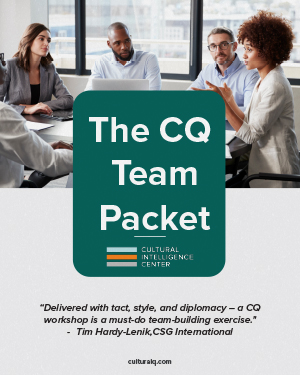Yesterday I observed the powerful role communication plays in earning trust in a particular sub-culture. Our university has a new provost. In a gathering of our university faculty, he introduced himself by saying, “I’m an academic.” In most of the gatherings where I speak, I wouldn’t THINK of introducing myself that way. It would be a death wish. But in this subculture, it was a brilliant way to catch people’s attention. And although our provost spoke articulately, his style couldn’t have been more different than the charismatic, upbeat style of the university president who introduced him just moments earlier.
One study I did among faculty members at a university in New England described their distrust for the constant enthusiasm they heard from a new administrator because it seemed too slick and inauthentic to them. At this New England college, the enthusiastic, zealous style appeared incongruent with both the academic and regional subcultures involved.
Culturally intelligent leaders learn how to adapt their level of enthusiasm, pace, and style when speaking in various cultural contexts. This is true in one on one communication, in team meetings, and in public gatherings.
More specifically, there are some practical strategies we can use when addressing an audience of second-language English speakers:
- Slow down. Slow down. Sloooowwww down! (REALLY hard for me!!!)
- Use clear, slow speech. Enunciate carefully.
- Avoid colloquial expressions.
- Repeat important points using different words to explain the same thing.
- Avoid long, compound sentences.
- Use visual representations (pictures, tables, graphs, etc.) to support what is being said.
- Mix presentations with a balance of stories and principles.
- Pause more frequently.
[From page 146 in Leading with Cultural Intelligence]
Many of these strategies apply to any public speaking context but are especially true when speaking cross-culturally. Of course speaking through an interpreter raises another whole set of issues… More on that another time.
